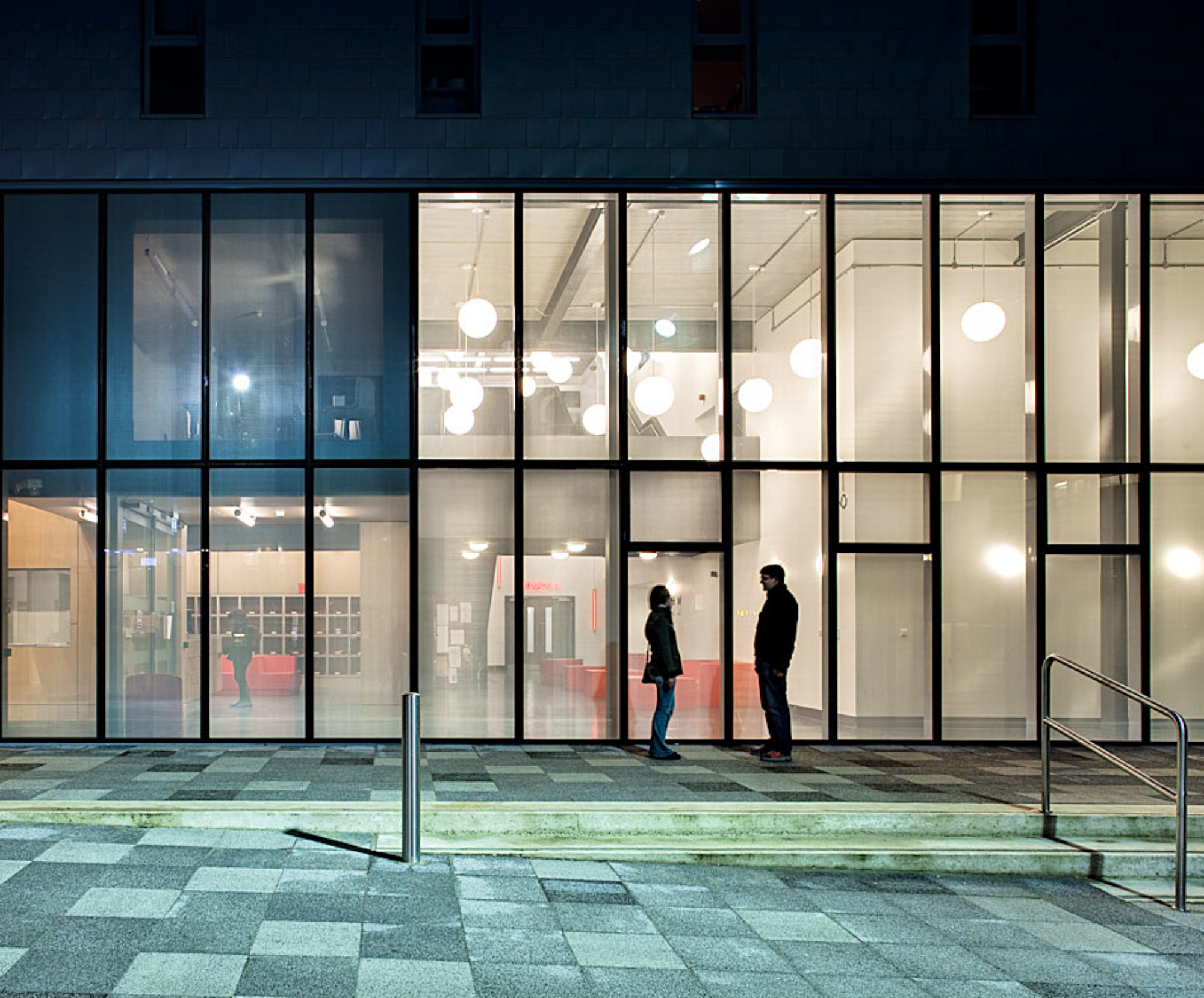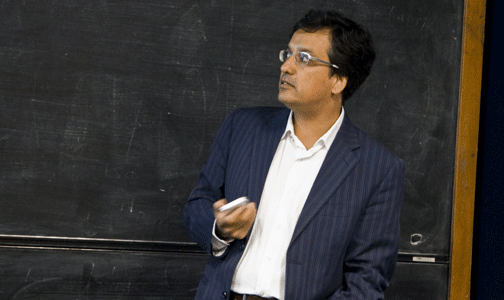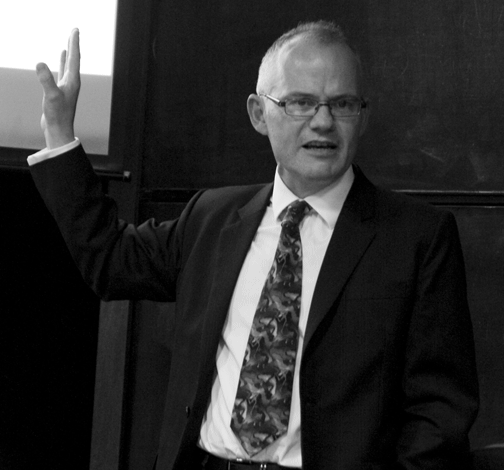
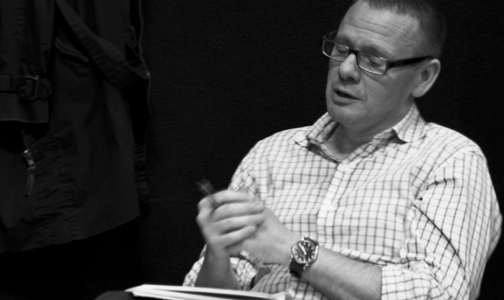
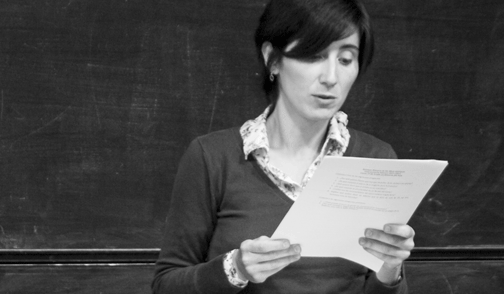
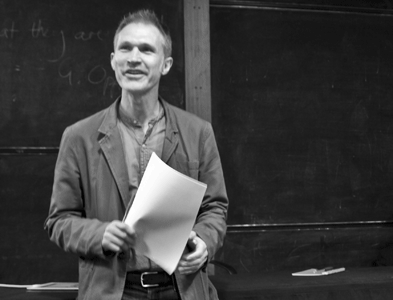
This one-day symposium focuses on Dominic McIver Lopes’s forthcoming book, Beyond Art. Dominic Lopes (University of British Columbia, Leverhulme Visiting Professor at the University of Warwick) is among the foremost contemporary philosophers of art. In addition to Lopes, participants include María José Alcaraz León (University of Murcia), Stacie Friend (Heythrop College), Derek Matravers (Open University and University of Cambridge) and Jean-Marie Schafer (EHESS, University of Paris).
In his new book Lopes proposes that the traditional difficulties around defining art – as well as other related problems such as those around aesthetic appreciation – can be solved once they are transferred to individual art forms. Thus, aesthetics should turn its attention beyond art, towards art forms. This original and controversial proposal will be considered and critiqued by the symposium’s other participants, and Lopes will speak about the book’s project and reply to his critics.
The Aesthetics Research Centre is grateful to the British Society for Aesthetics, the Leverhulme Foundation, and the School of Arts and Faculty of Humanities at the University of Kent for supporting this event.
Schedule
| 10.00 – 10.15
10.15 – 10.30 10.30 – 11.45
11.45 – 12.00 12.00 – 13.00 13 click to find out more.00 – 14.30 14.30 – 15.45
|
Welcome
Dominic Lopes, Remarks on Beyond Art Stacie Friend, “The Arts as Appreciative Kinds” Jean-Marie Schaeffer, title tba Coffee Response by Dominic Lopes + discussion Lunch María José Alcaraz León, “Some Concerns About the Viability and the Informative Character of the Buck Passing Theory of Art” Derek Matravers: “Is ‘Art as Art’ a Specific Art Form?” |
| 15.45 – 16.00
16.00 – 17.30 17.30 |
Coffee
Response by Dominic Lopes + discussion Drinks reception |
Abstracts
- Stacie Friend, “The Arts as Appreciative Kinds”
I am in fundamental agreement with Lopes’s argument in Beyond Art that we should pass important questions about artworks and art generally to accounts of the individual arts, and that we should conceive of individual arts as appreciative kinds. In this paper I articulate some challenges to Lopes’s positive proposals for defining and individuating the various arts as appreciative kinds. I further argue that given his own commitments, Lopes should recognise a closer connection between aesthetic appreciation on the one hand, and those appreciative kinds that constitute arts on the other. - Jean-Marie Schaeffer, tba
- María José Alcaraz León, “Some Concerns about the Viability and the Informative Character of the Buck Passing Theory of Art”
Lopes’s project of a buck passing theory of art is supposed to be designed in a way that renders the theory informative and viable. The theory is informative only if it is able to deal with the ‘coffee mug’ objection. It is an essential aspect of Lopes’s reasoning that an answer to the ‘coffee mug’ objection shows that the coffee mug and a piece of Bizen ware from a sample of Walmart belong to different appreciative practices. I aim at showing that Lopes fails to offer good reasons for this claim and that this threatens the informative character of the buck passing theory. Secondly, I try to explore the cogency of the characterization of the art form named in Lopes’s work ‘art-as-art’. If works like Fountain –and other allegedly similar free agents- are harmless to the constitutive project of the buck passing theory because there is such a thing as an art form with no associated medium profile, there seems to be a lack of resources to explain what appreciation might consists in when dealing with items belonging to this special art form. - Derek Matravers, “Is ‘Art as Art’ a Specific Art Form?”
Dominic Lopes resolves a potential problem for his account of art by construing some of the ‘hard cases’ of the avant garde as belonging to their own art form: that of ‘Art as Art’. This paper will look at Lopes’s argument, and argue that it bears similarities with a move made by Institutionalist Theories. In both cases on might wonder if there is still a question left to answer.
